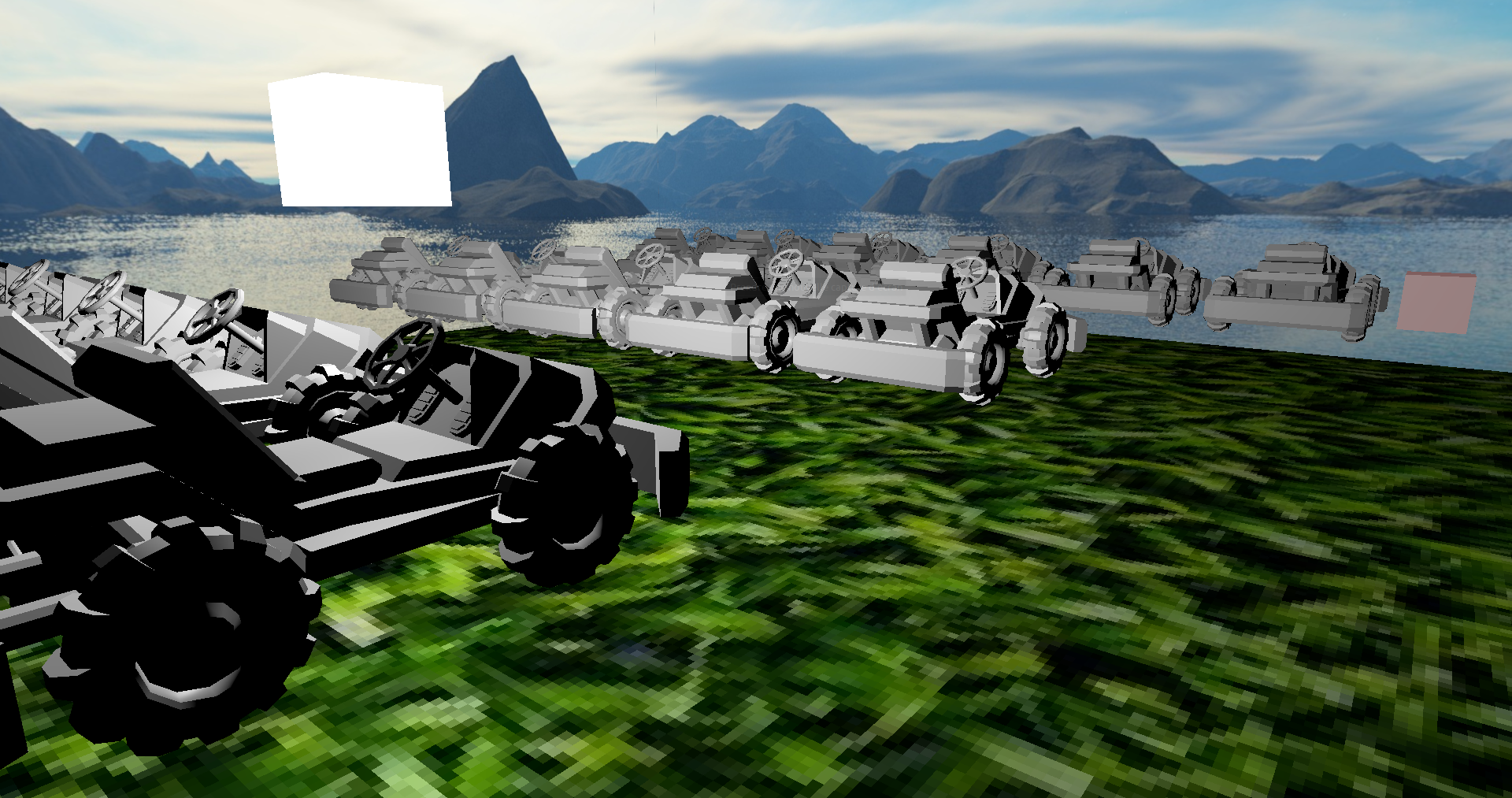Didot Save Abandoned
Zig 3D game engine.
Didot
A Zig 3D game engine.

Introduction
Didot is a multi-threaded 3D game engine programmed in Zig and aimed at high-level constructs: you manipulate game objects and meshes instead of OpenGL calls and batches.
It improves developers life by splitting the engine into multiple modules in order to have easier porting to other platforms. For example, you can change the windowing module from didot-glfw to didot-x11 to use Xlib instead of depending on GLFW without any change to your game's code, as porting (except for shaders) is transparent to the developer's code.
Installation
Prerequisites:
- Zig compiler (
masterbranch, didot is currently tested with commit0aef1fa)
You only need to launch your terminal and execute those commands in an empty directory:
git clone https://github.com/zenith391/didot
zig init-exe
And then, change the resulting build.zig file looks like this:
const didot = @import("didot/build.zig");
const Builder = @import("std").build.Builder;
pub fn build(b: *Builder) void {
// ...
exe.setBuildMode(mode);
try didot.addEngineToExe(exe, .{
.prefix = "didot/"
});
exe.install();
// ...
}
Using Didot
Showing a cube:
const std = @import("std");
const zlm = @import("zlm");
usingnamespace @import("didot-graphics");
usingnamespace @import("didot-objects");
usingnamespace @import("didot-app");
const Vec3 = zlm.Vec3;
const Allocator = std.mem.Allocator;
fn init(allocator: *Allocator, app: *Application) !void {
var shader = try ShaderProgram.create(@embedFile("vert.glsl"), @embedFile("frag.glsl"));
var camera = try GameObject.createObject(allocator, null);
camera.getComponent(Transform).?.* = .{
.position = Vec3.new(1.5, 1.5, -0.5),
.rotation = Vec3.new(-120.0, -15.0, 0).toRadians()
};
try camera.addComponent(Camera { .shader = shader });
try app.scene.add(camera);
var cube = try GameObject.createObject(allocator, "Mesh/Cube");
cube.getComponent(Transform).?.position = Vec3.new(-1.2, 0.75, -3);
try app.scene.add(cube);
}
pub fn main() !void {
var gp = std.heap.GeneralPurposeAllocator(.{}) {};
const allocator = &gp.allocator;
var scene = try Scene.create(allocator, null);
comptime var systems = Systems {};
var app = Application(systems) {
.title = "Test Cube",
.initFn = init
};
try app.run(allocator, scene);
}
And to make that into a textured cube, only a few lines are necessary:
try scene.assetManager.put("Texture/Grass", try TextureAsset.init2D(allocator, "assets/textures/grass.png", "png"));
var material = Material { .texturePath = "Texture/Grass" };
cube.material = material;
First line loads assets/textures/grass.png to Texture/Grass.
Second line creates a Material with the Texture/Grass texture.
Third line links the cube to the newly created Material.
You can also look at the example to see how to make camera movement or load models from OBJ files or even load scenes from JSON files.
Systems (currently):
fn exampleSystem(query: Query(.{*Transform})) !void {
var iterator = query.iterator();
while (iterator.next()) |o| {
std.log.info("Someone's at position {} !", .{o.transform.position});
}
}
pub fn main() !void {
// ...
comptime var systems = Systems {};
systems.addSystem(exampleSystem);
var app = Application(systems) {
.title = "Test Cube",
.initFn = init
};
try app.run(allocator, scene);
}
Features
- Scene editor
- Assets manager
- OpenGL backend
- Shaders
- Meshes
- Materials
- Textures
- Windowing
- GLFW backend
- X11 backend
- Model loader
- OBJ files
- Image loader
- BMP files
- PNG files
- Application system for easier use
- Game objects system
